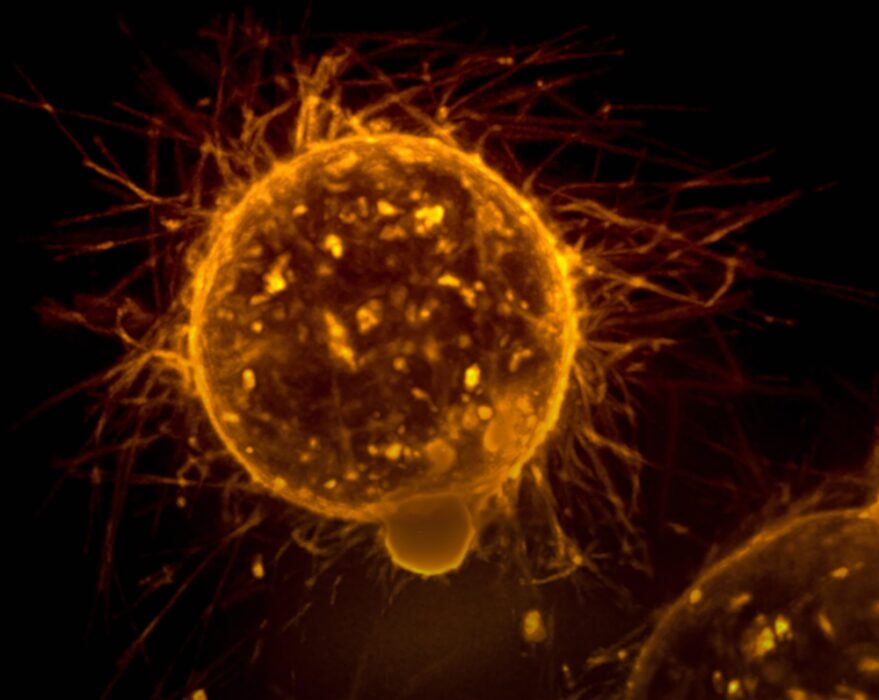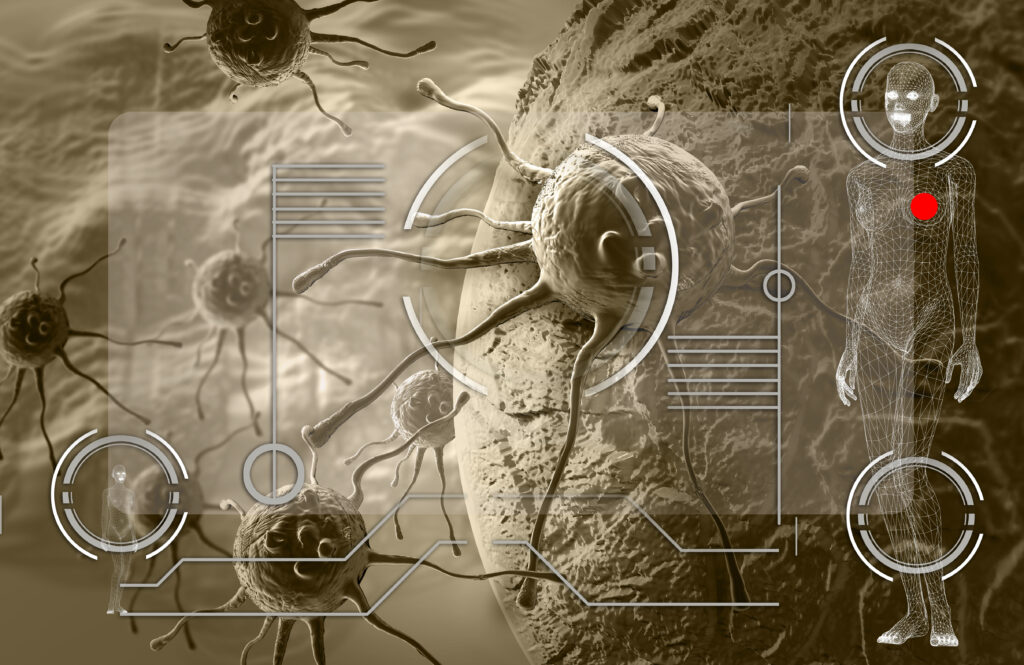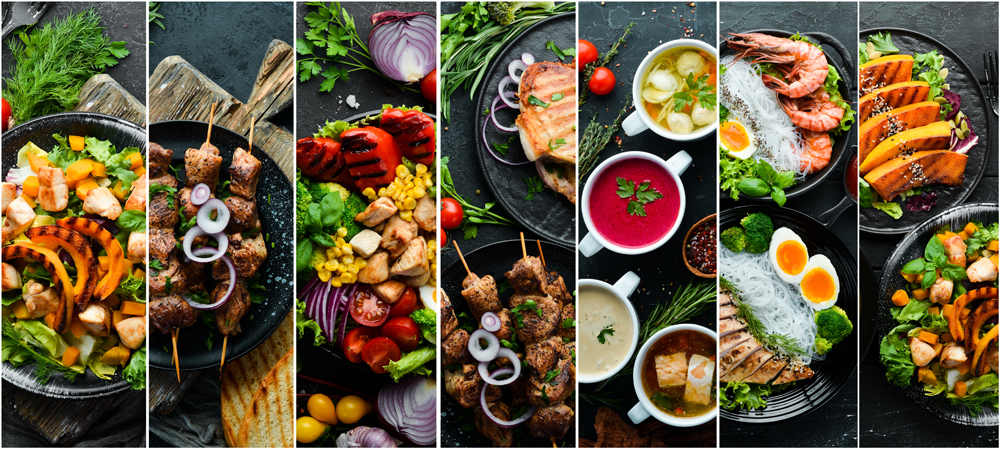Recently, I’ve received a run of inquiries from friends and clients, after their friend or loved one has been diagnosed with cancer of one variety or another. I have worked with several oncologists, one a naturopathic oncologist here in Anchorage: Dr. Babij. He is very good and understands the value of functional nutrition and Nutrition Response Testing™. Also, My original life in clinical research had to do with cancers and immune function–one of the commercial pharmaceuticals I helped developed worked by boosting white blood cell counts (these are suppressed by chemo–so patients get opportunistic infections more easily and have to delay more chemo due to low WBC counts). Plus a good number of people are beating cancer according to oncology tests—and have been in remission for many years now; there is certainly much that can prevent cancer from ever taking hold.
Sadly, many who find themselves hearing the “C-word” find themselves told they have to make a treatment decision immediately and start it immediately. This can be overwhelming; fear tactics are not good care. While no one should procrastinate, taking a week or so to research their options is certainly recommended; the cancer was developing for many years and largely undetectable—even to one’s own immune system. And… some of these “need to do it now” recommendations like radiation to the organ, especially if thyroid cancer is suspected or diagnosed, will kill the entire organ, not just the cancer: Death is irreversible.
What Nutritional Foods can Help in Beating Cancer?
1. Broccoli: This cruciferous vegetable contains compounds called glucosinolates, which produces protective enzymes in the body. One of the million enzymes present in the broccoli is sulforaphane which helps reduce the risk of cancer by flushing out cancer-causing chemicals. Sulforaphane also targets cancer stem cells in the tumor that aid in tumor growth and spread. Steamed, raw with a dip (try hummus: https://
3. Tomatoes: Lycopene found in the tomato skin is a powerful antioxidant that helps fight cancer with its antioxidant properties, by boosting the immune system and protecting healthy cells from free radical damage being a whole foods source of the antioxidant vitamins A, C, and E. Note: many oncologists frown on the use of supplements because they have not distinguished between synthetic, cheap, supplements and the higher quality, more active, whole foods version. Both cooked and raw help, just leave the skin on. In this combination of cabbage (cruciferous) and tomatoes along with a grass fed meat we get a simple and one-pot meal that is delicious: George’s Unstuffed Cabbage Soup https://ournutritionkitchen.
4. Blueberries: Rich in cancer-fighting phytonutrients and antioxidants that neutralize the free radicals that can cause damage to healthy cells and cause many diseases including cancer. Blueberries are also enriched in vitamins C and K, manganese and dietary fibers, which can help in lowering cancer risk. See the breakfast suggestions under Pomegranite, below, and/or check out this Ginger Berry Anti-inflammatory Energy Blast https://ournutritionkitchen.
Bonus beverage: Another food high in anti-oxidants and digestive health compounds is fresh Turmeric. Powdered into a spice it loses some of its benefits but is still helpful. Try this delicious Turmeric latte: soothing and comforting on a cold winter day: https://
6. Garlic: Among the many helpful nutrients are sulfur, arginine, and selenium that aid in energy production by healthy cells, boost the immune system, and reduce the body’s toxic load. cook with it or add it raw to salad dressings like this Lemon Garlic Vinaigrette dressing https://
Add this fruit to your morning smoothie, fruit salad, toss into any salad, breakfast… or drinks its juices. Try some of these: Creamy Buckwheat Breakfast: https://
 9. Walnuts and/or Brazil nuts: Walnuts contain a good amount of polyphenols and phytochemicals and have antioxidants properties. They are also rich in anti-cancer compounds, such as ellagitannins and alpha-linolenic acid. Just a few nuts per day help you fight cancer. You can also add walnut to salads, soups or smoothies. Brazil nuts have all of the above plus a great source selenium needed for energy production and thyroid hormone production in healthy cells. Toss them on salads or eat as snacks.
9. Walnuts and/or Brazil nuts: Walnuts contain a good amount of polyphenols and phytochemicals and have antioxidants properties. They are also rich in anti-cancer compounds, such as ellagitannins and alpha-linolenic acid. Just a few nuts per day help you fight cancer. You can also add walnut to salads, soups or smoothies. Brazil nuts have all of the above plus a great source selenium needed for energy production and thyroid hormone production in healthy cells. Toss them on salads or eat as snacks.Get this free download on beating cancer—contains a gazillion scientific references—feel free to pass this along.





Leave a Reply
You must be logged in to post a comment.